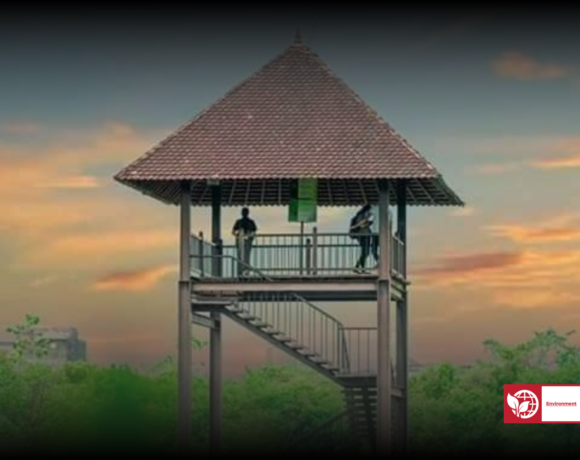Herath Mudiyanselage Asiri

In Sri Lanka, people who have undergone resettlement face numerous challenges due to social, economic, and political factors. This crisis, which has a history spanning several decades, did not arise overnight. Various circumstances, including the thirty-year civil war, the tsunami disaster, other natural and man-made calamities, development projects, and environmental factors, have led to resettlement or relocation of communities.
In particular, the war in the Northern and Eastern provinces forced people to move into new settlements. Additionally, large-scale projects such as the Mahaweli Development Project and urban development initiatives have also compelled many people to abandon their original places of residence and move elsewhere.
The primary objective of this article is to provide a comprehensive analysis of the social, economic, cultural, and psychological challenges faced by resettled communities in Sri Lanka.
One of the primary challenges associated with resettlement is the loss of income sources. For communities displaced due to past conflicts, re-establishing their traditional occupations has proven to be a highly difficult task. The loss of traditional livelihoods such as agriculture, fishing, and plantation work has significantly impacted their economic stability. For instance, farmers resettled under the Mahaweli Development Project often face difficulties as they do not receive land comparable to their previous holdings, or they struggle with inadequate water supply to cultivate their new lands effectively.
Additionally, the land and housing provided to resettled communities are often insufficient. Small houses are allocated to large families, and in many cases, land is given without full ownership rights, leading to legal disputes over property ownership. Over time, these legal uncertainties and protests result in some individuals leasing or renting out their allocated land and returning to their original settlements. This, in turn, creates conflicts over land ownership and disputes between neighbors in resettlement areas.
For example, after the tsunami disaster, coastal communities in Galle were resettled in Akmeemana, an inland rural area. This relocation deprived them of their primary sources of income, disrupted their children’s education, and forced them to adapt to a completely different lifestyle. Galle is a multicultural, multi-ethnic, and multi-religious city, whereas Akmeemana presents a contrasting socio-cultural environment. While such relocations may seem like minor inconveniences to some, they can ultimately lead to serious tensions and conflicts.
Furthermore, resettled communities often face challenges due to inadequate security measures, a lack of access to clean drinking water, and unreliable electricity supply in their new settlements. The housing provided often does not meet modern living standards, making it difficult for resettled individuals to adapt and thrive in their new environments.
Resettlement in a new area leads to numerous social and cultural challenges. With relocation, old social networks and connections are disrupted, resulting in the loss of family bonds and friendships. When people from diverse linguistic, religious, and cultural backgrounds settle in the same area, maintaining harmonious relationships becomes a significant challenge.
In particular, when people were resettled in the Northern and Eastern regions following the war, religious and ethnic tensions became prevalent. The lack of adequate educational facilities and deficiencies in healthcare services have also had a severe impact on resettled communities. Often, children must travel long distances to access quality education, creating significant safety concerns for parents. In war-affected resettlement areas such as Mullaitivu and Kilinochchi, the absence of healthcare centers has forced many to travel long distances for medical services. Similarly, in the Mahaweli development zones near Sooriyawewa, children must travel considerable distances to attend school. Additionally, the region faces serious human-elephant conflicts, putting both parents and children at constant risk.
Resettled individuals often experience significant psychological stress. Being displaced from a place they have lived in for years, adjusting to a new environment, and facing disruptions to their social aspirations all contribute to their mental strain. Studies have shown that memories of lost family members due to the war severely affect their psychological well-being, yet this issue has not received sufficient attention.
Legal disputes over land ownership in resettlement areas remain largely unresolved. Issues related to land titles and bureaucratic delays in government institutions have created further hardships for resettled communities.
The challenges faced by resettled communities in Sri Lanka can be classified into social, economic, cultural, and psychological aspects. Addressing these challenges requires effective policy planning and measures to improve their quality of life. Some key steps to consider include:
- Developing alternative income sources for resettled individuals.
- Resolving legal disputes over land ownership.
- Promoting social and cultural integration to reduce potential tensions.
- Expanding educational and healthcare facilities in resettlement areas.
- Implementing mental health support and rehabilitation programs.
By implementing these measures, it is possible to improve the living conditions of resettled communities while ensuring the protection of their rights.









